A Love Justice monitor stood at a busy bus station, on the lookout for potential trafficking situations. She watched as a young girl got off a bus by herself, clutching her backpack straps and pushing her glasses up higher on her nose. The girl paused and looked around, then slowly made her way to a bench and sat down.
The monitor watched for a while to see if anyone was coming to meet her.
After some time, the monitor walked up and sat down beside the girl.
“Hi, are you lost? Where are you heading this morning?” the monitor asked.
“I’m waiting for a friend. There he is now,” the girl said, pointing.
The monitor looked where the girl was pointing and saw a man approaching with confident strides. A smug smile spread over his face as he saw the monitor, and she instantly recognized him—she’d handed him over to the police and had him arrested for trafficking in persons just yesterday. Apparently, they’d already let him go.
Navigating complex relationships
For our monitors, relationships with local authorities can be very complicated.
Certainly, there are many police officers who truly care about justice—but there are also many in some parts of the world who will be complicit with traffickers for a bribe. Others do not know how to identify human trafficking and may report it incorrectly, resulting in a lighter conviction. Some police may feel their authority or role threatened by our teams’ efficiency, while others may be grateful for the aid in hitting their quotas as our monitors happily give them all the credit for arrests.
It can take a lot of time and relationship building for police to trust our teams, to take our monitors seriously and be willing to work together with them—but having police on our side is vital for our monitors to be able to place and keep traffickers behind bars.
The police liaison project
To help effectively manage these complex police relationships, Love Justice developed the police liaison project, which piloted in Uganda in February 2022.
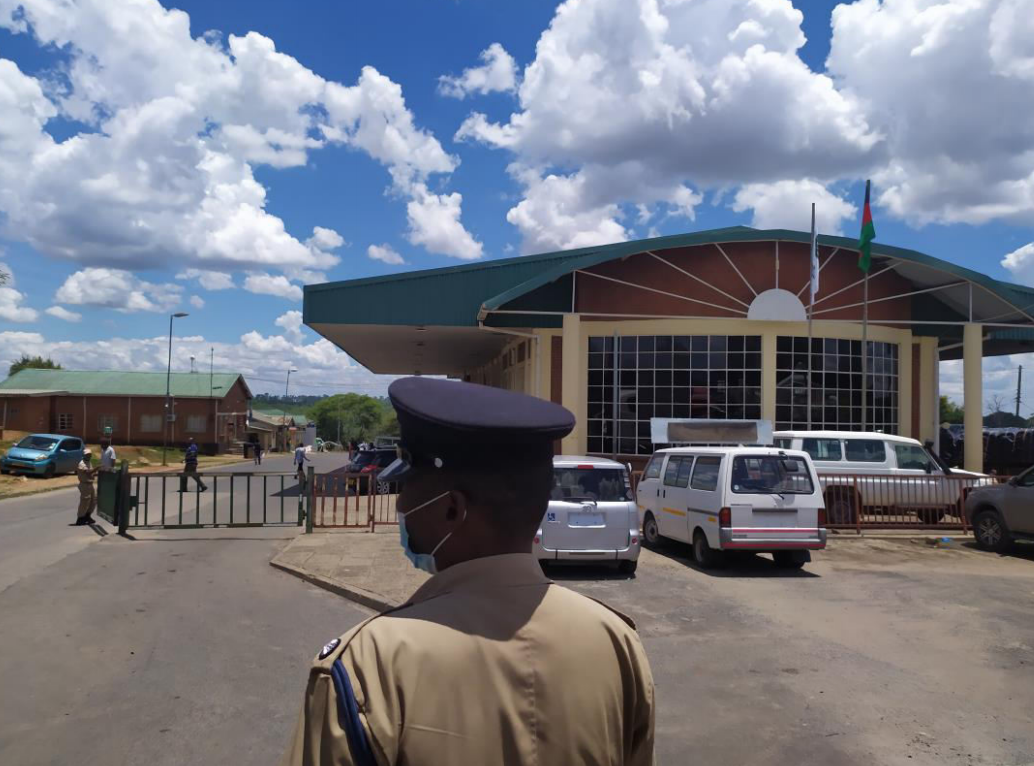
The project appointed a police liaison officer who would do the following:
- Intentionally build relationships with local police stations.
- Conduct training workshops to teach police how to better recognize trafficking cases.
- Develop high-value contacts both within the local police force and beyond.
- Follow up on arrests.
Working together
Mwanga Kyaligonza, the police liaison officer in Uganda, is a retired policeman who is already familiar with the law enforcement system there. He shared how he goes about keeping the delicate balance of teaching and training officers without undermining their authority.
“I show [police officers] that we can work with them,” he says. “I inform them it is their work, not ours. We are giving them a hand. We don’t tell them they don’t know about this. No, they are the experts.”
Impact
The pilot was wildly successful right away.
“I think in the first three months the police liaison pilot had achieved almost two times the expected outcome,” said Julius-Lutalo Kiyingi, Love Justice’s project manager in Uganda. “So it wasn't rocket science to say, ‘You know what, let's keep this and roll it out into a full project’—which it is now.”
The year prior to implementing this project, Love Justice Uganda yielded a total of 22 arrests; the following year, it yielded 57.
Before the police liaison project, the Uganda teams often saw traffickers released quickly to avoid overcrowding in the jails, despite human trafficking being a serious offense.
“With the introduction of the police liaison, we saw not only an increase in arrests, but also an increase in the court process of justice being applied in a straight alley. You know what I mean? Like we do not have people undermining the work we do,” said Kiyingi.
With better police relationships and increased credibility, the monitors grew more confident in reporting cases and working together with police. Now sometimes the police even call the monitors for help with certain cases. 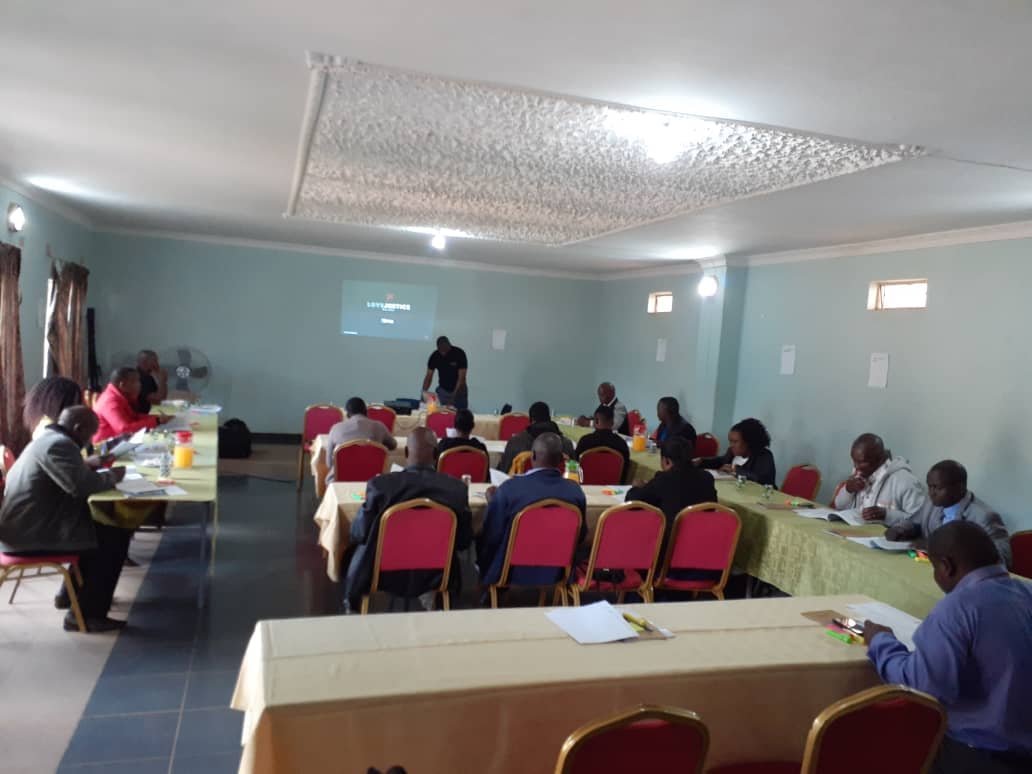
Kiyingi has also heard positive feedback from police about the human trafficking training workshops. He recently heard from a police officer who thanked the team for training them. With the new skills from the training, they were able to arrest a trafficker and have the person convicted.
“There in itself is one of the greatest stories we have coming out of this, right?” said Kiyingi. “From the beginning to the end, because of our training, they were able to successfully carry that out. And I think that's the greatest achievement we can have.”
Since Uganda’s success, the project was recently implemented in Liberia, and we hope to continue adapting it for many more countries as an impact-multiplying strategy.
We are always looking for ways to achieve maximum impact at minimal cost so that we can keep as many people free from slavery with the resources we’ve been given. To join our work keeping people free from slavery and putting traffickers behind bars, give today.
*All data and statistics current at the date and time of publishing. Names changed and some specific locations excluded for privacy and security purposes. Images are representative and do not picture actual victims.
-1.png?width=500&height=500&name=LJI_MAINLOGO_WhiteBackground%20(1)-1.png)

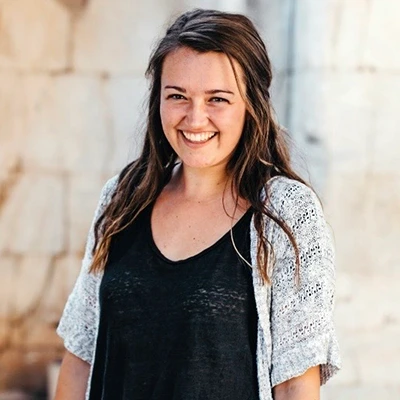
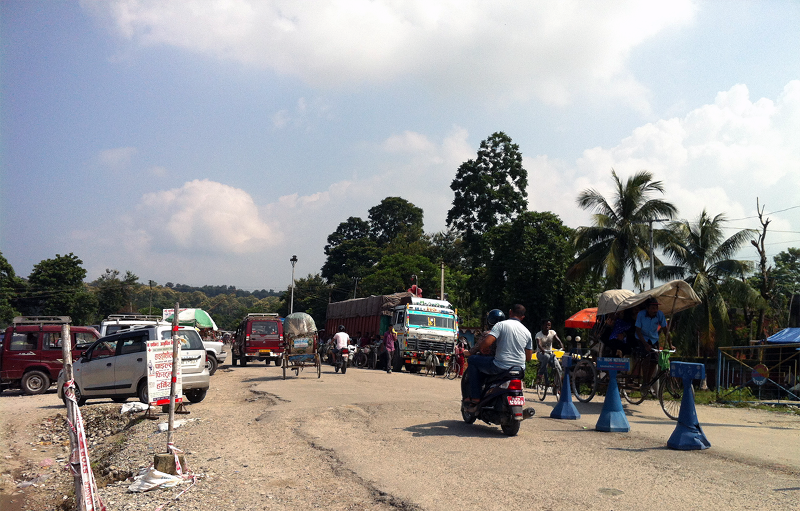
/bimala_feature_blog.webp)
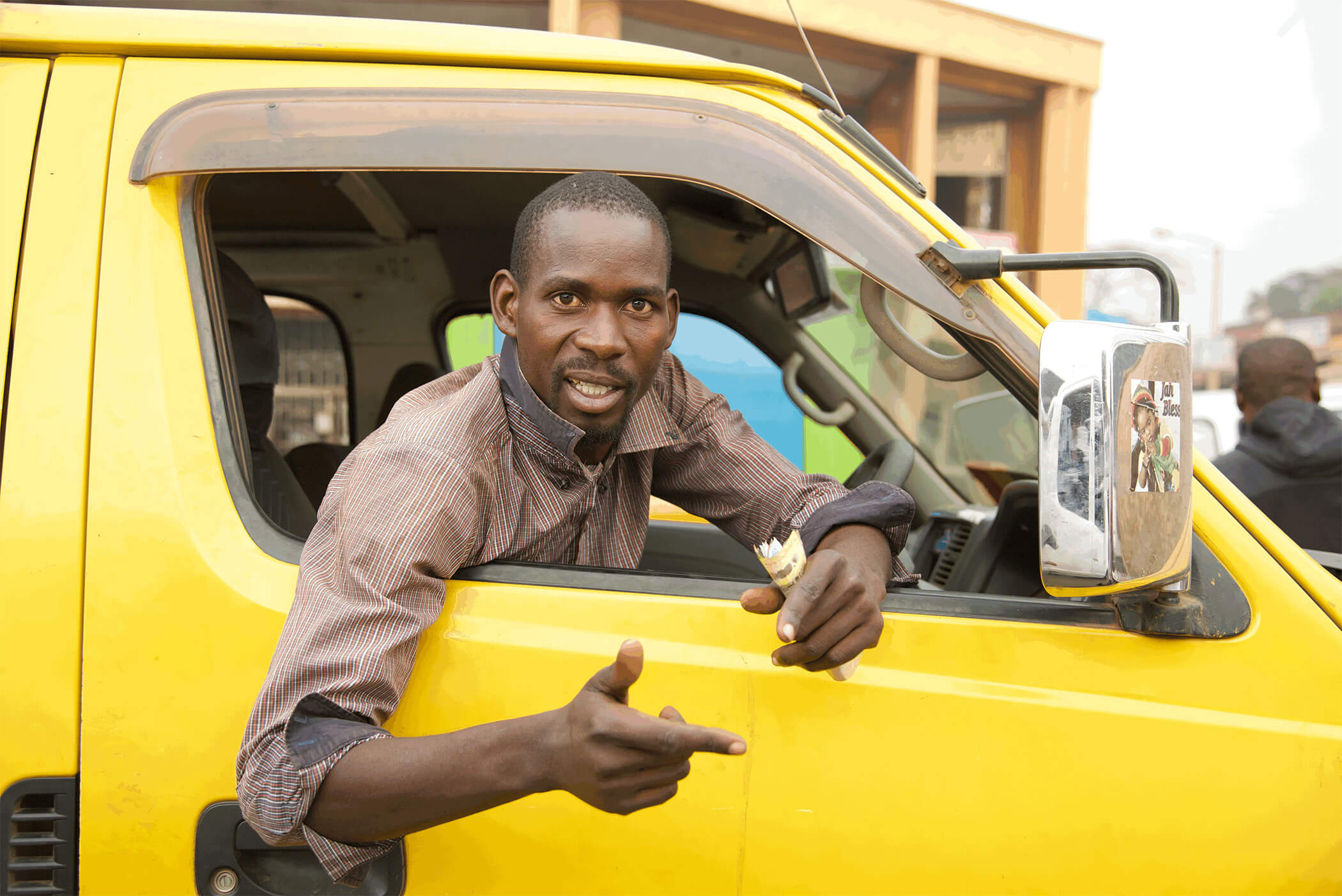
/boy_girl_asia_streets.webp)


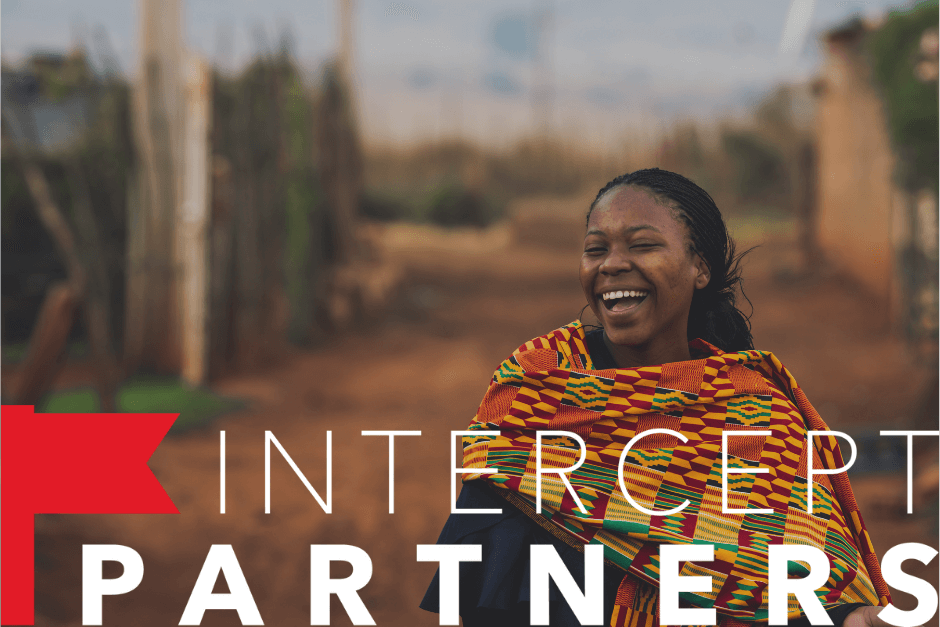

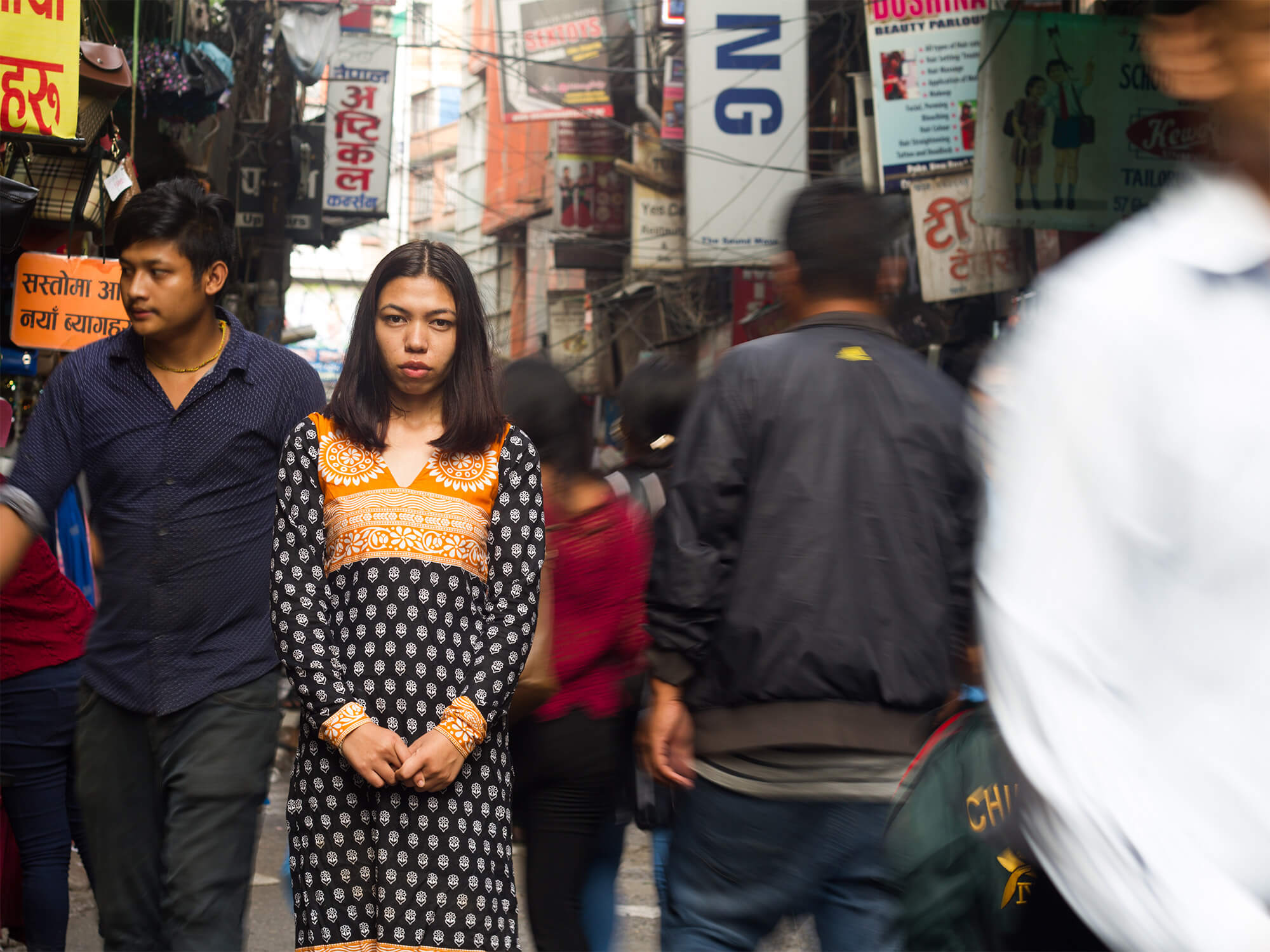


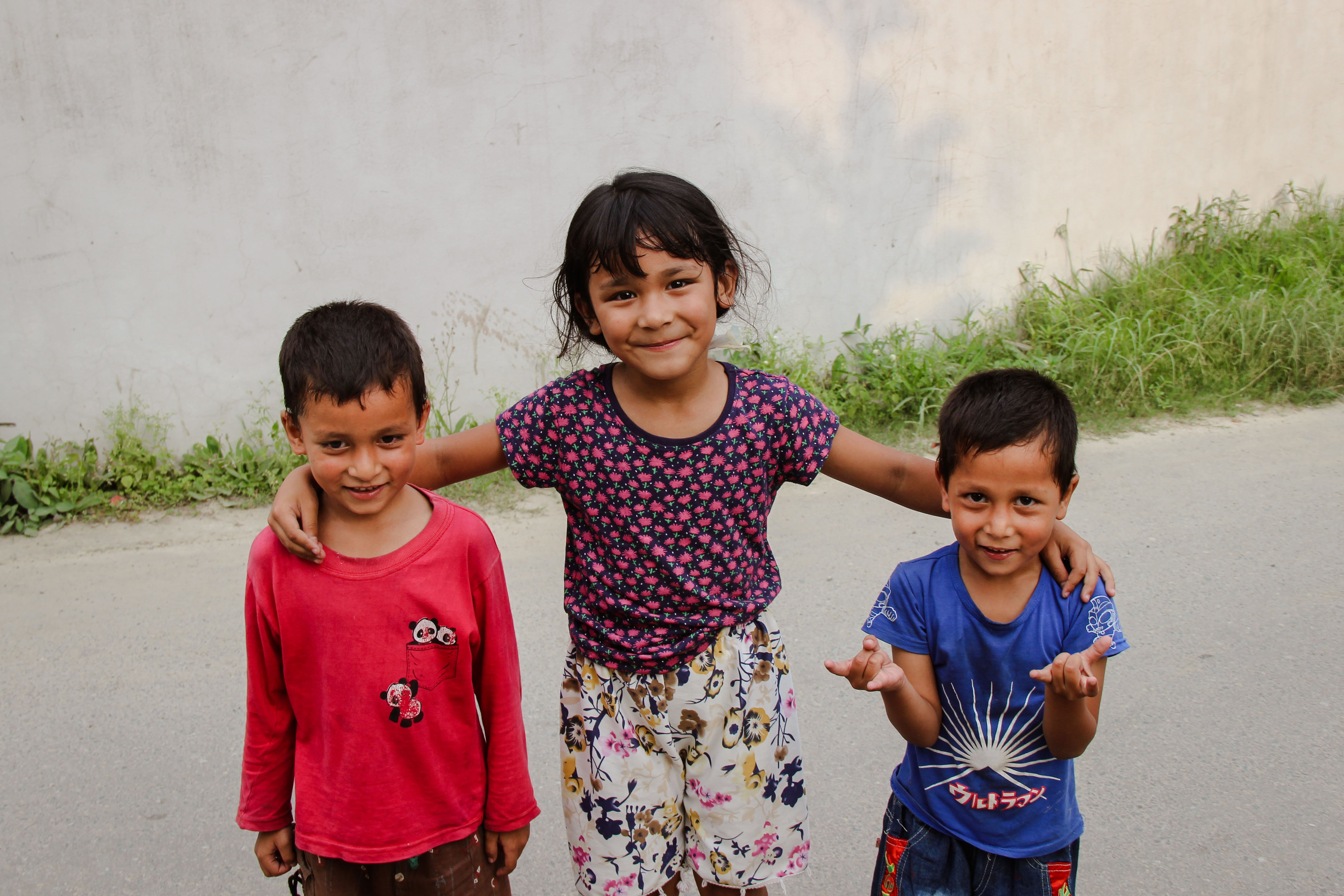
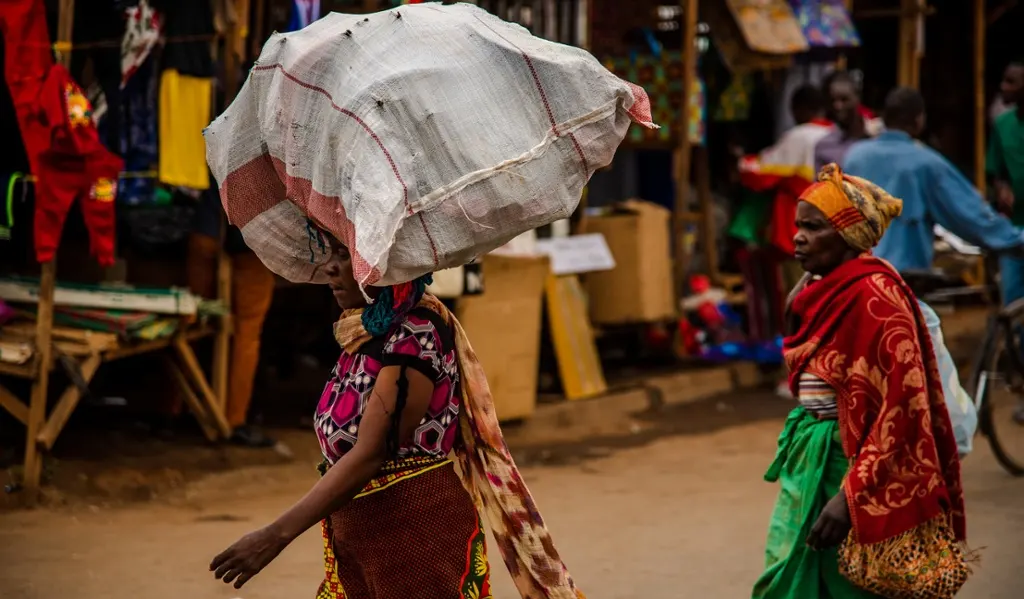
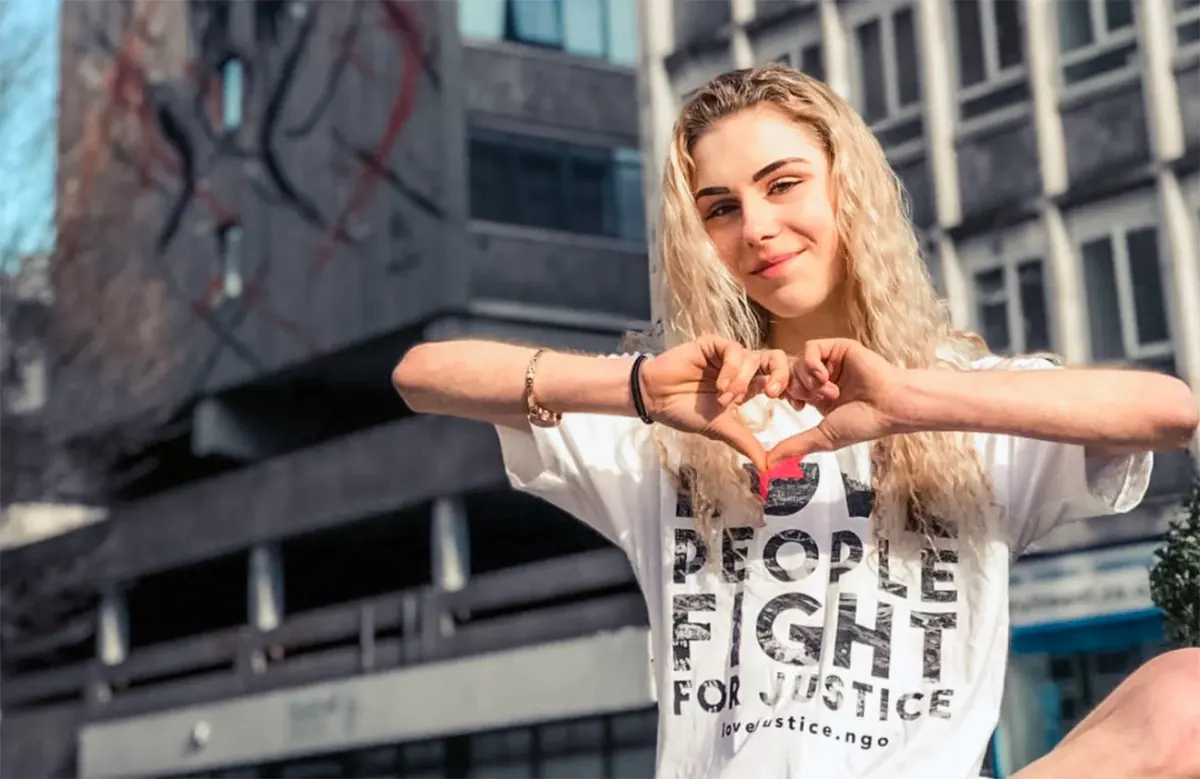
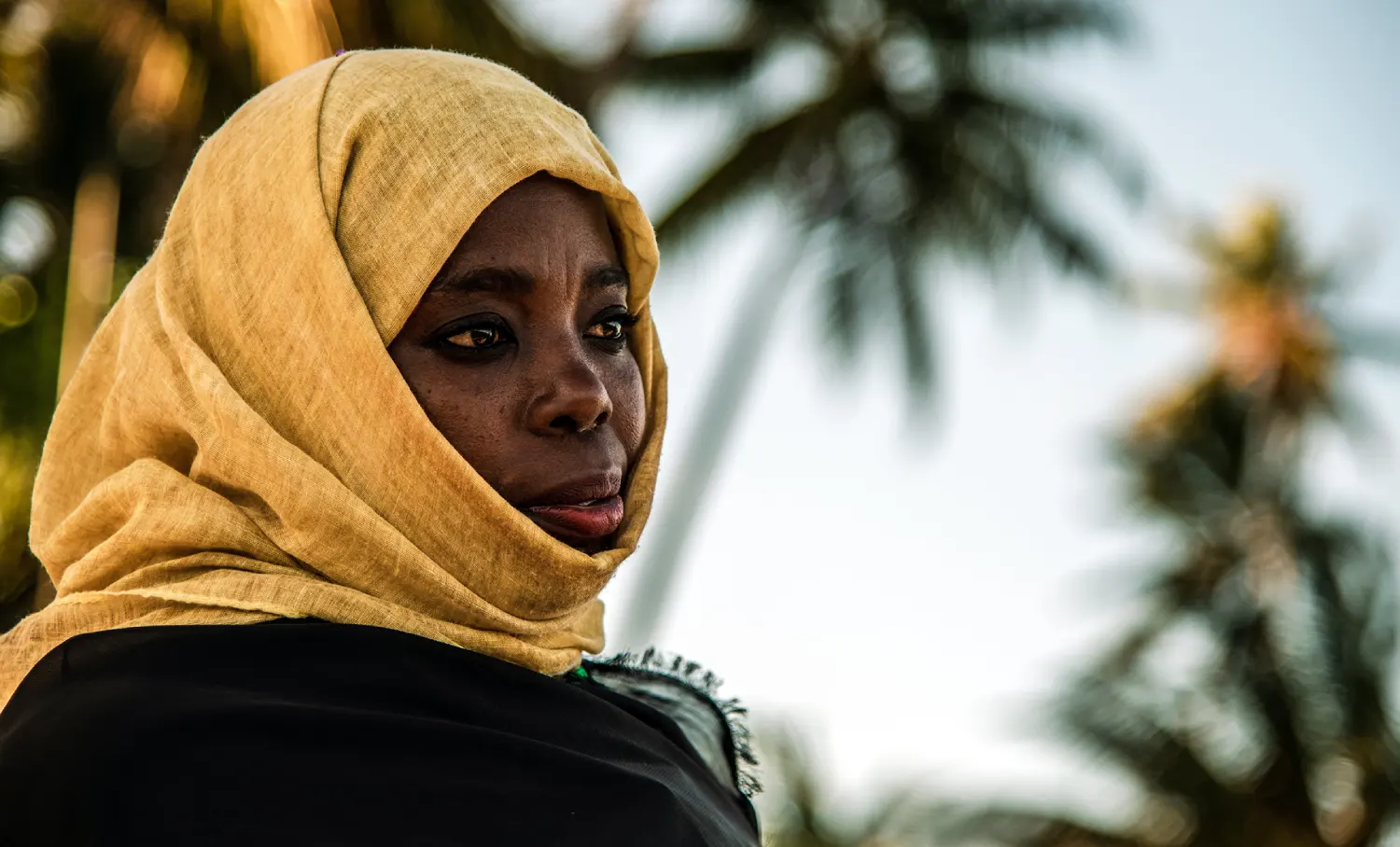

/what_is_human_trafficking_africa.webp)
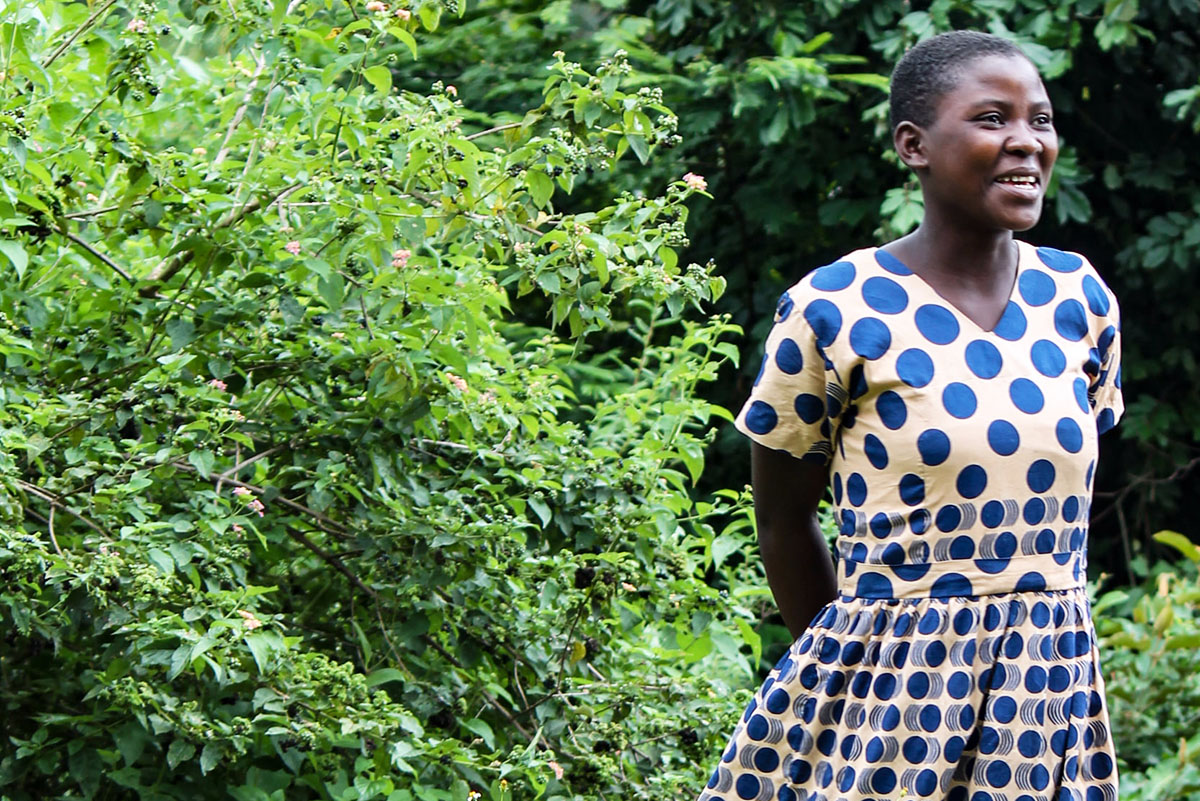
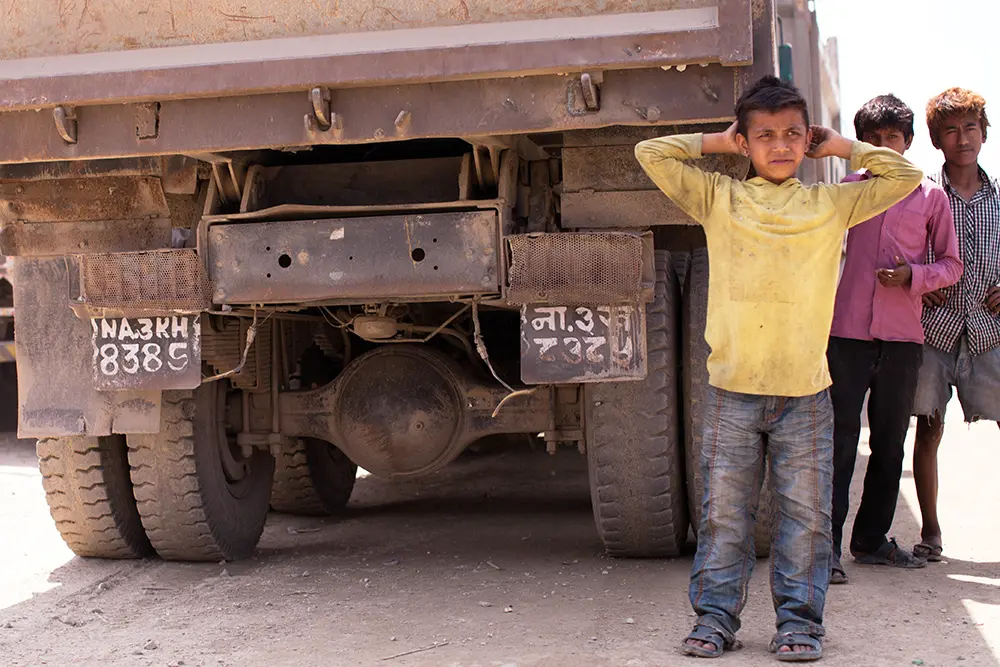
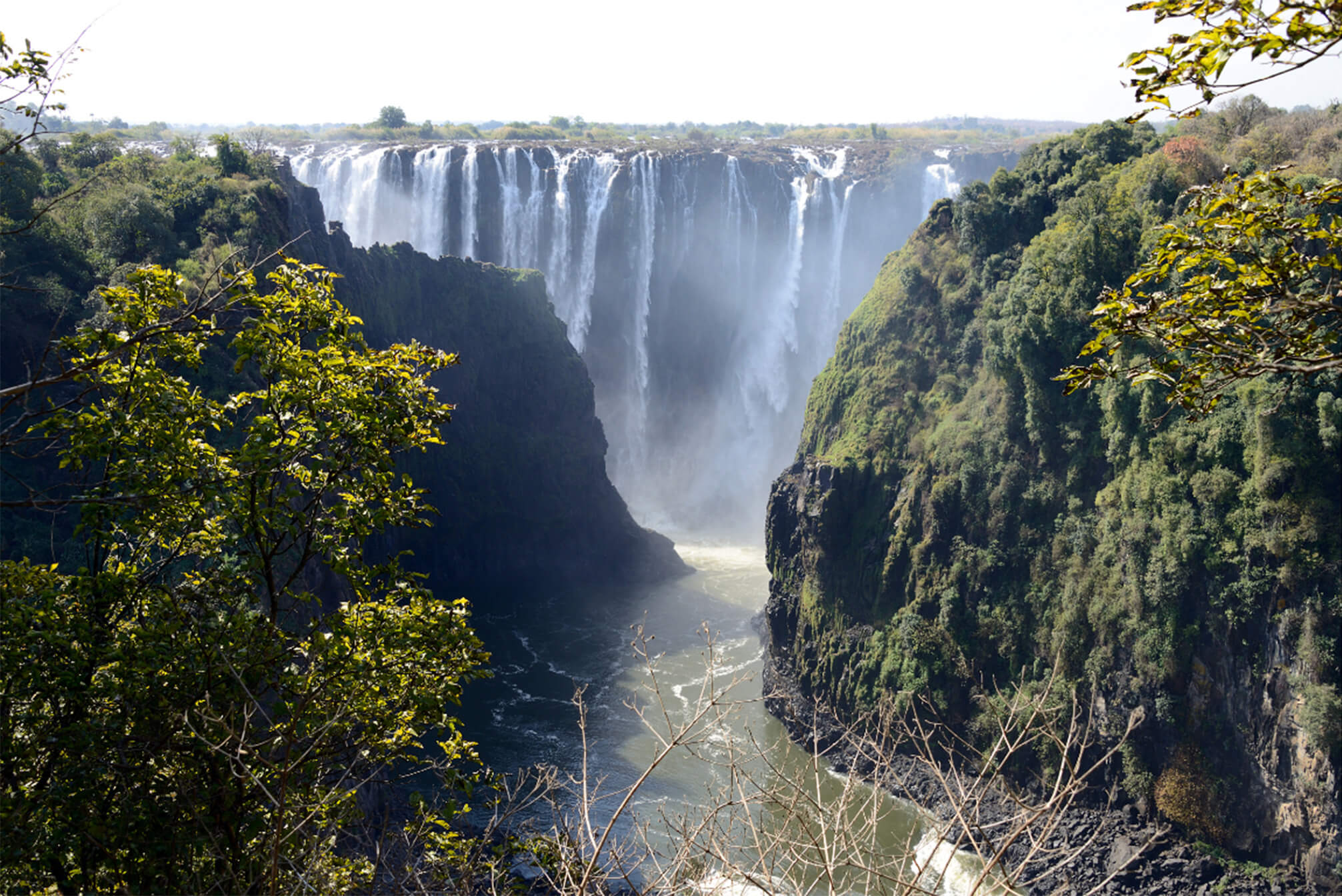
/end_human_trafficking_Rwanda_Tanzania.webp)
/end_human_trafficking_girl_asia_love_justice.webp)




Post a comment